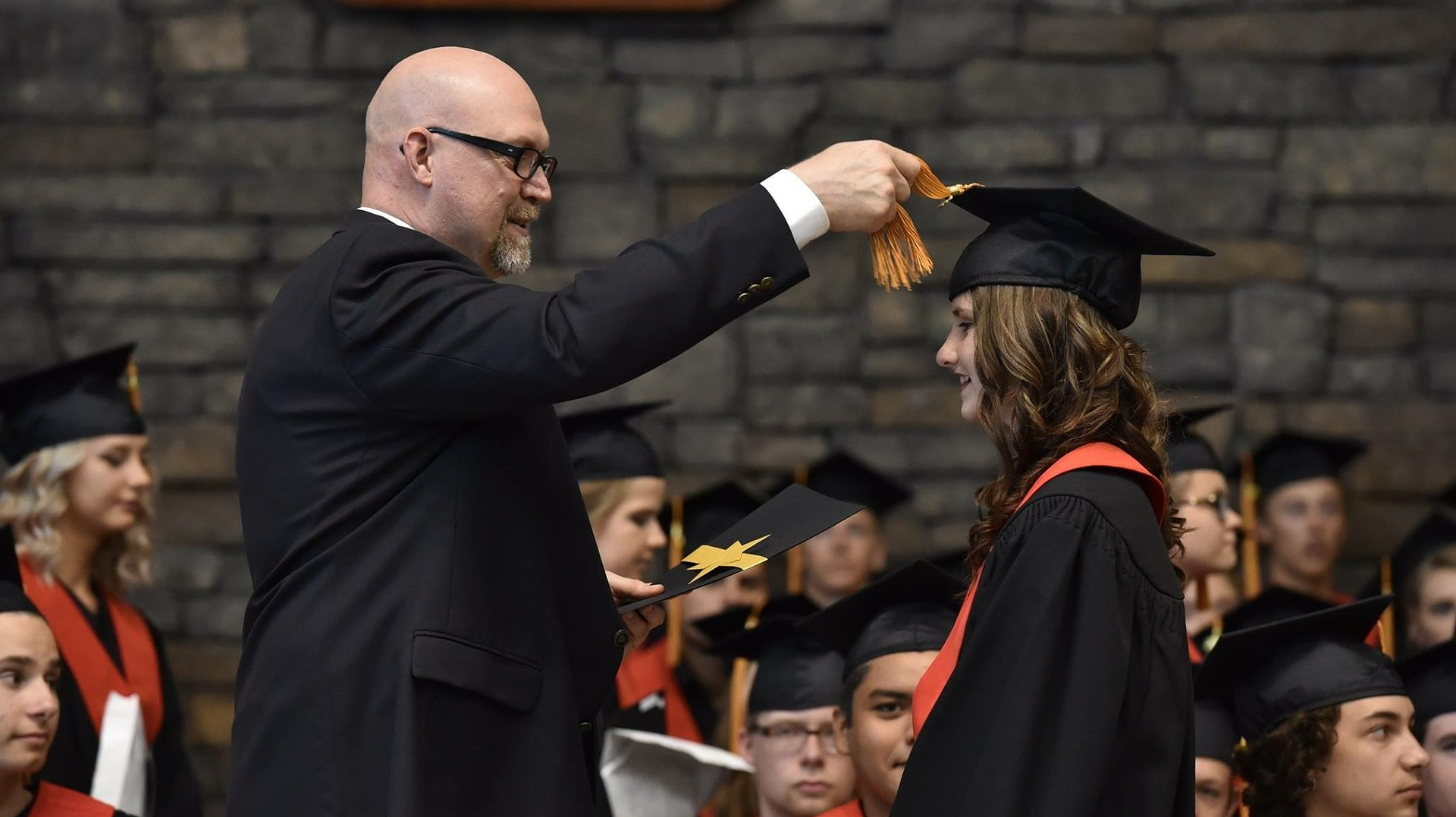Digital Competences of High Education Teachers for Innovative Teaching Practices
New technologies bring new opportunities for teaching and learning, and in addition to being an expert in subject field, the teacher needs to monitor the development of ICT and get acquainted with them as well as to have a good pedagogical background to know how to implement them in the educational process. The teacher is facing a great challenge, he/she is expected to be competent in using new technologies, to be able to apply them in the educational process and to introduce new teaching methods.
Therefore, this intellectual output will focus on the building and advancement of digital competences of higher education teachers. Based on long time experience of SRCE in supporting teachers in e-learning implementation, adequate training is prepared. Online course titled enables teachers to: understand the importance of digital competencies and continuous professional development, get acquainted with e-learning technologies they will use in their work and to be able to integrate them successfully into teaching and learning. The course consists of following modules:
• What is continuous professional development and why it is important
• Digital competencies and Frameworks for digital competencies of teachers
• How to develop an e-course using Moodle
• Implementing learning outcomes in Moodle
• Role of teacher in the technology-enhanced learning.

Digital Competences for Lifelong Learning for Law Students
The Digital Education Action Plan points out that more than 40 % of young people consider that critical thinking, media, and democracy are not “Taught sufficiently” in school. The challenge is particularly relevant for younger students, nearly all of whom are online every day. One of the systems that is very suitable for the development of a wide range of digital competencies and the preparation of students for lifelong learning and employment is the e-portfolio. An e-portfolio is a purposeful collection of sample student work, demonstrations, and artefacts that showcase students’ learning progression, achievement, and evidence of what students can do. For students, digital portfolios foster independence while fuelling reflection, creativity, and authentic lifelong learning.
In this online course students will be introduced to digital competencies and lifelong learning as such, will get acquainted with the concept of e-porfolio system (based on Mahara portfolio system) and its possibilities to use it for personal needs – to track their learning progress, to develop their CV or for promotion purposes.

Module on Knowledge, Skills and Competences for T-shaped Lawyers
Intellectual output “Module on Knowledge, Skills and Competences for T-shaped Lawyers” relates to several interconnected activities performed by the project partners. The development of the intellectual output “Module on Knowledge, Skills and Competences for T-shaped Lawyers“ has three phases. The first phase relates to the content of the course developed by the teachers. In this phase, each teacher will create the formal course description meeting EQF. The second phase relates to the transposition of the course to an e-learning course. The third phase relates to eventual correction and modifications of the e-courses after they have been tested.
The content of each DIGinLaw MOOCs is aligned with the outcomes for levels 7 and 8 of the EQF. The methodology of the course creation is agreed upon Second Transnational Meeting. Each course has a self-assessment element as well as a final assessment and evaluation. Each course must have at least one mode of testing the knowledge. The second phase of the intellectual output “Module on Knowledge, Skills and Competences for T-shaped Lawyers” leans on the previously completed activities under the Intellectual output “Digital Competences of HE Teachers for Innovative Teaching Practices” and short-term joint staff training events “Digital competences of High Education teachers for innovative teaching practices” where teachers are trained for digital competences by UNIZG-SRCE.
Teachers who have developed courses may enlist them to their Erasmus list of courses of their university. The online courses developed would be an innovation to the standard curricula of the three universities. They would serve as a model to develop other online courses in the future. The Intellectual output “Module on Knowledge, Skills and Competences for T-shaped Lawyers“ would thus create an innovative practice for HE that would motivate, also teachers of the HE and other lecturers not involved in the project to act. The intellectual output “Module on Knowledge, Skills and Competences for T-shaped Lawyers“ serves to test and employ knowledge gained at the Intellectual output “Digital Competences of HE Teachers for Innovative Teaching Practices” and short-term joint staff training events “Digital competences of High Education teachers for innovative teaching practices.” It has an element of innovation of the current curricula and methodology with a high potential of transferability.

Research and publication on “Law in the Age of Modern Technologies“
This intellectual output relates to deeper scientific research on the overall topic of digitalization of legal education and digitalization of law. The European Digital Strategy is a modern feature and an EU policy priority. This priority needs to be applied in any spectre of European society, including higher education. General educational theories on the transfer of knowledge in a digital world have already gained scientific attention. However, they were only modestly reflected in the arena of law and the transfer of legal knowledge. Effects of digitalization on law and legal science have been a subject of a research. Teachers (as academics) involved in this project would extend their knowledge on certain specific aspects of digitalization of law, deepen the findings and prepare thorough analyses in a legal discourse, for the benefit of the scientific community. This intellectual output is prepared in cooperation with other academics, young scholars, PhD students, and post-doctoral researchers. This output has two phases. The first phase is devoted to research whereas the second phase entails public presentation of the research results on Academic Conference and trough the publication (conformity to style guidelines, editing, review).
The findings of this researchers are presented at the project academic conference in Milan. To take advantage of open research resources, the project results are published subject to double blind peer review at ECLIC proceedings with open access, though indexed to the most relevant scientific database Web of Science (WoS).

